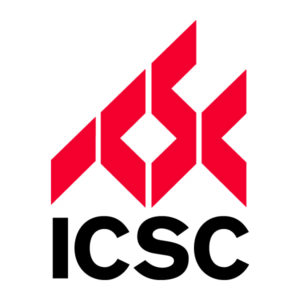BLOG
Last week I was honored to serve as one of the co-leaders of a workshop titled “I Think That? Unconscious Bias: How to Spot It and Become an Inclusive Leader” at the International Council of Shopping Centers annual US Shopping Center Law Conference in Orlando, Fla. The highly interactive workshop focused on biases that are automatically triggered and generate quick judgments about people and situations based on one’s background, cultural environment and experiences.
The presentation covered a number of studies and statistics about the prevalence of unconscious biases, and it concluded with helpful action plans and resources to identify and eliminate them in the workplace.
One of the studies discussed found that during the first seven seconds we meet someone, we make 11 judgments about them, including about their dress, the way they speak, the way they shake your hand, and their stare or lack of eye contact.  We then naturally assign people to social categories based on stories, books, movies, media and culture, and we cherry-pick information that supports our opinions. The end result is that we validate and reinforce our biases, making it that much harder to be neutral.
We then naturally assign people to social categories based on stories, books, movies, media and culture, and we cherry-pick information that supports our opinions. The end result is that we validate and reinforce our biases, making it that much harder to be neutral.
In the workplace, such unconscious biases can hinder recruiting, hiring and retention efforts, and they unwittingly shape how businesses evaluate and promote employees despite their talent and performance.
Unconscious bias is particularly troublesome in the real estate industry. In 2015, the industry median annual compensation was $115,000 for women and $150,000 for men – a gap of 23 percent. A 2016 study found that women do ask for raises as often as their male counterparts, but they are granted their requests 25 percent less often. In addition, 65 percent of the professionals surveyed in one real estate industry study said they had experienced or observed gender bias against women in their commercial real estate workplace in the last five years.
The presentation recommend that executives take Harvard University’s Implicit Association Test, which is available online by clicking here. If biases are found to exist, they are advised to implement identity- and name-blind sorting of resumes for new job candidates. They are also encouraged to have multiple minority or female candidates for every opening, and senior executives should mentor their organization’s next generation of leaders.
By taking these steps to proactively confront and eliminate unconscious biases in the workplace, businesses and organizations will be better equipped to achieve their ultimate potential.

